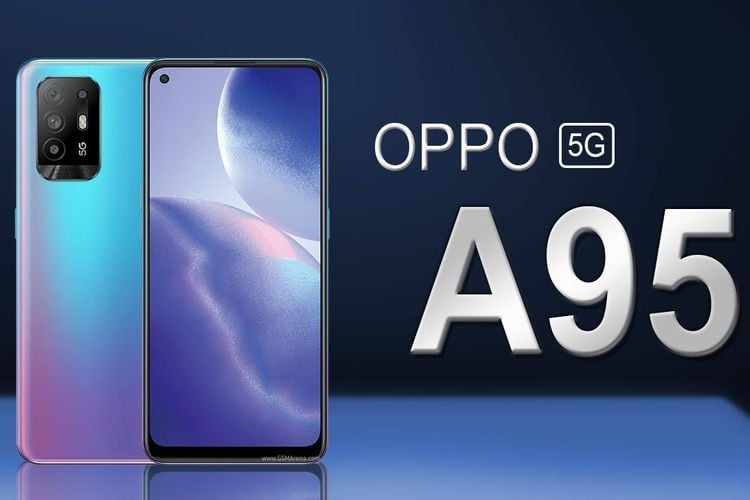That problem has now been circumvented by working with a specialist wholesaler, the IDA Foundation, which has the necessary permits.
“I’ve rarely met anyone so tenacious,” says Kanen. “That is the special thing about that terrible war. You suddenly work very closely with people you have only just met. For example, Inge came into contact with the Ukrainian Dutchman Vitaliy Tonentsjoek via other means. He exports Dutch flowers, knows good transport companies and arranged a Ukrainian driver and truck.”
After a day full of haggling and delays, the transport gets the green light late at night. Two days later, De Wit is called out of bed because the Polish customs are difficult at the Ukrainian border. They want proof of which hospitals the goods come from.
ease suffering
All the documents that De Wit quickly forwards cannot prevent the Poles from unloading all the relief supplies hours later for a thorough check. “We will do that differently in the future. We have arranged this in close consultation with the Ukrainian embassy, we will also involve the Poles for the next transport.”
Finally the transport arrives. Oleksiy Myshakivskyy, the heart surgeon from Lviv, is standing by. The precious cargo is being prepared in a special distribution center for transport to the besieged cities in the east.
In the Netherlands, work is already underway on the next transport. As long as the war lasts, the hospitals want to provide structural help. Kanen: “As doctors, we feel a duty. But a few weeks ago I could never have predicted that we could help at this distance to somewhat alleviate the suffering there.”
–

